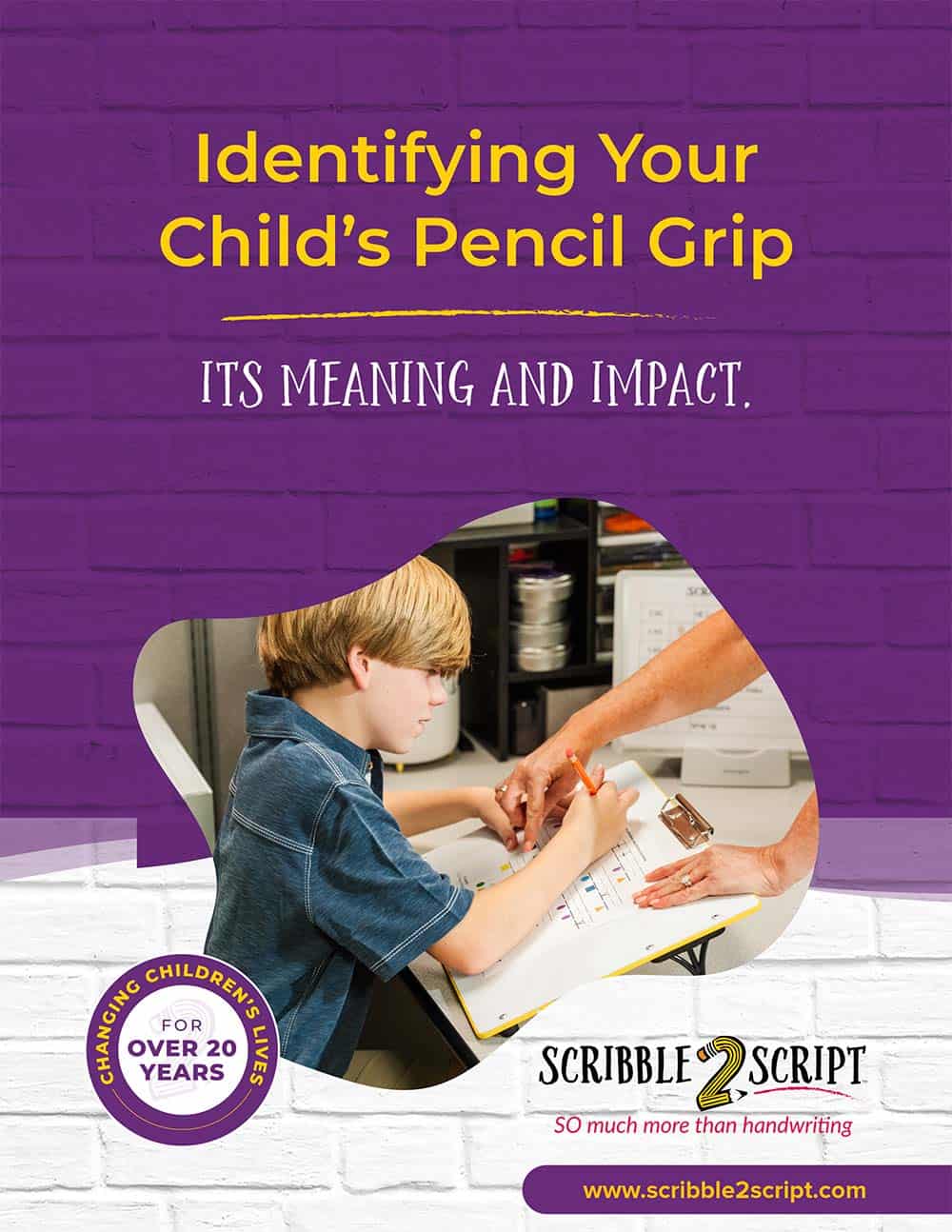Modern technology and the Internet have made a significant impact on our lifestyle, skills, hobbies, and development. Children have access to smart devices and learn how to communicate through them at an early age.
They master skills like typing and the use of these devices before handwriting. Most parents don’t consider this a problem because they feel their children will learn to write anyway. How does it matter if they’re typing words on a device instead of writing them on paper?
Call Our Office at (480) 614-1232 Today!
Science Proves that Handwriting Does Matter
Before the advent of smart digital technology, writing by hand was considered a vital skill. Schools offered special classes to help kids master cursive writing. The objective was to ensure that kids learned how to hold pens and pencils correctly, shape letters well, and write legibly and evenly. There are several reasons why handwriting matters, and here are some of them:
- Scientists suggest that the development of fine motor skills early in their academic years can help students perform better in reading, writing, and math in later life. Learning Without Tears conducted a study – ‘Handwriting Without Tears – Get Set For School HWT-GSS.’ The study proved that handwriting helps improve fine motor skills and pre-writing abilities in children. (https://www.ncbi.nlm.nih.gov/pubmed/22026324)
- Cursive writing, print writing, and typing all have an impact on different parts of the brain and stimulate different kinds of development. Children with better handwriting have higher neural activity, especially in the brain’s reading and writing networks. It means these kids have access to more resources when coming up with ideas and tend to be more creative in their writing assignments. (https://www.ncbi.nlm.nih.gov/pubmed/16390289)
- Better writing also has a positive impact on a child’s ability to communicate, primarily through the written medium. They don’t struggle to find the right words and can express themselves well. Children with better handwriting are more confident in their communication skills, which can help in their personal and professional life in later life.
- A study involving college-level students for the Psychological Science Journal indicates that taking notes in class improves the student’s ability to understand and recall information. While students who type their notes can record information faster, ones that write down information are more successful. (https://www.psychologicalscience.org/news/were-only-human/ink-on-paper-some-notes-on-note-taking.html)
- A Pew Research survey indicated that there are several benefits of typing information and sharing it on a digital platform, but there are numerous drawbacks to it as well. According to the research, students use informal language in formal papers more often. They take shortcuts and are also less likely to put in effort into their assignments. They’re also more likely to use poor spelling and grammar, become careless and plagiarize. (https://www.pewinternet.org/2013/07/16/the-impact-of-digital-tools-on-student-writing-and-how-writing-is-taught-in-schools/)
Teaching children handwriting has short-term and long-term impacts. It can influence their creativity, ability to communicate and retain information as well as how they express their ideas.
Call Our Office at (480) 614-1232 Today!
Cursive and Print Writing
Whether students need to learn cursive writing is a hotly debated topic. Some educators are opposed to forcing the style on students, while others argue about its merits. Though everyone has an opinion on the matter, learning cursive is fast, efficient, and worth the effort because:
- It engages the right and left hemispheres of the brain and stimulates better connections between the two.
- You don’t need to compel the child to learn cursive writing but should encourage it. It will help make their handwriting legible, and more attractive.
- Writing something by hand gives it a personal touch and is less restrictive. The child can experiment with different styles and come up with their writing style.
- They can eventually develop the habit of writing down their memories, thoughts, and experiences.
- Handwriting helps kids develop and improve their ability to communicate.
- Improving handwriting, especially cursive, can also help students with dysgraphia. This developmental problem is a symptom of dyslexia and can affect a student’s motor skills and ability to write.
As you can see, there are many benefits of teaching good handwriting, even in this digital age. Parents that make a concerted effort and encourage their children to handwrite things, find that they benefit in many ways. It is essential to start early to ensure sure that children feel enthused to hold a pen to paper.




